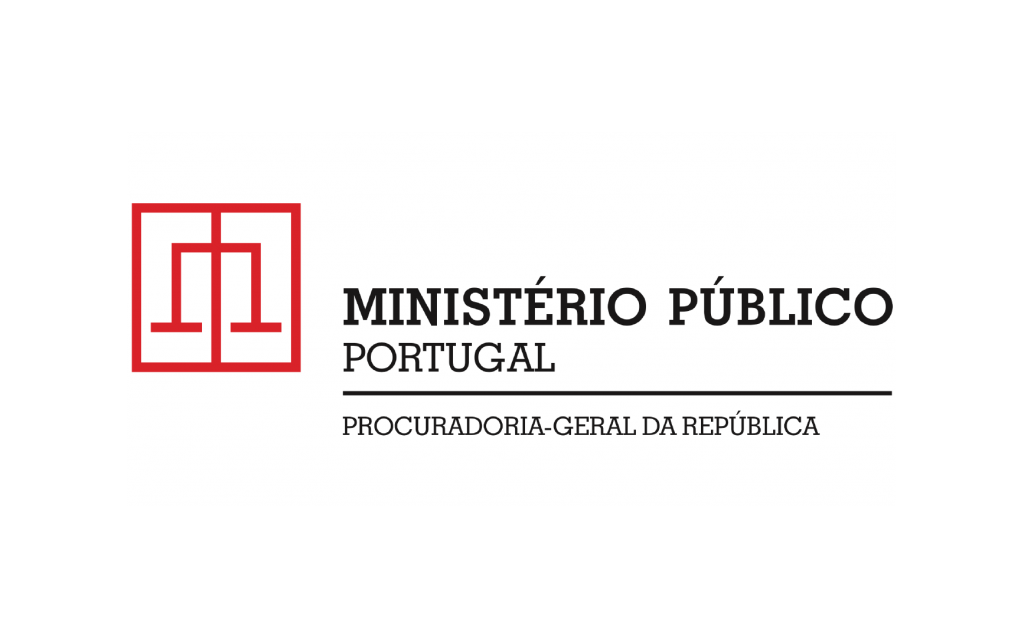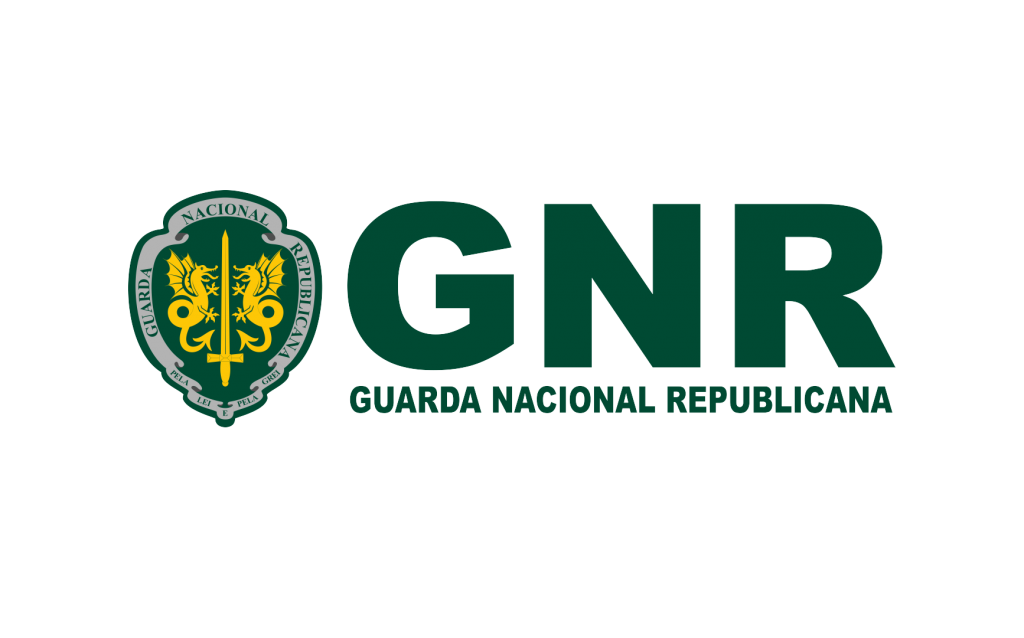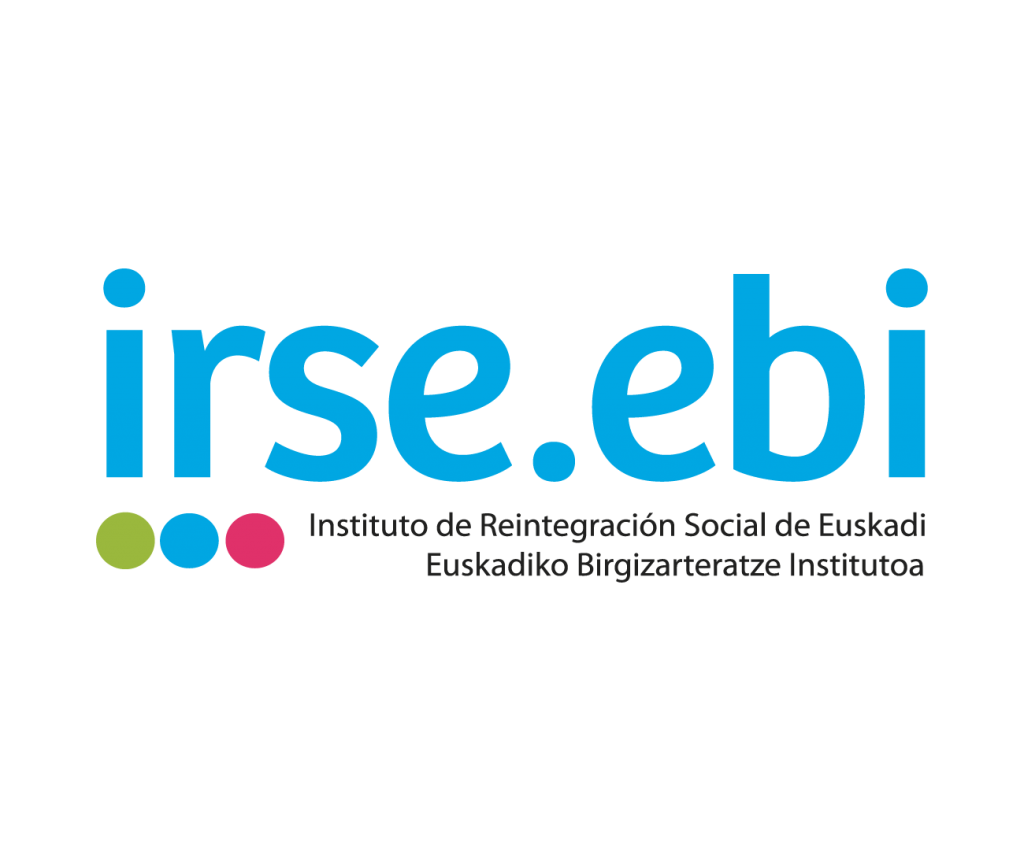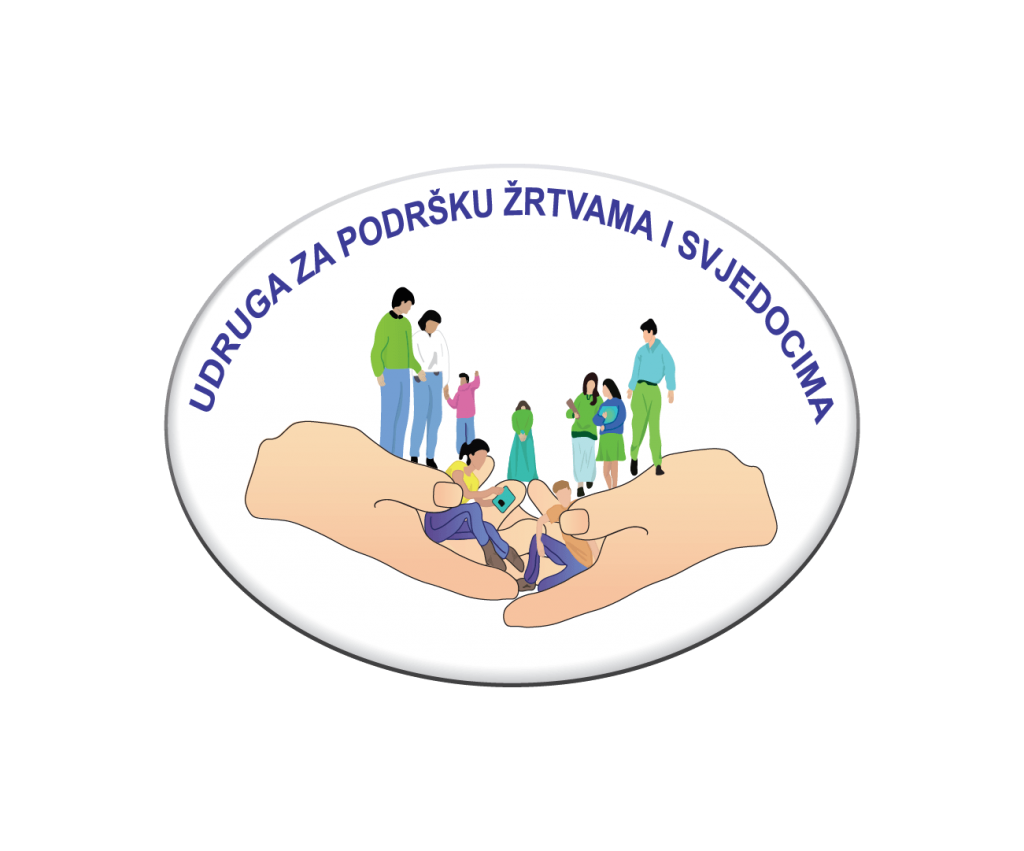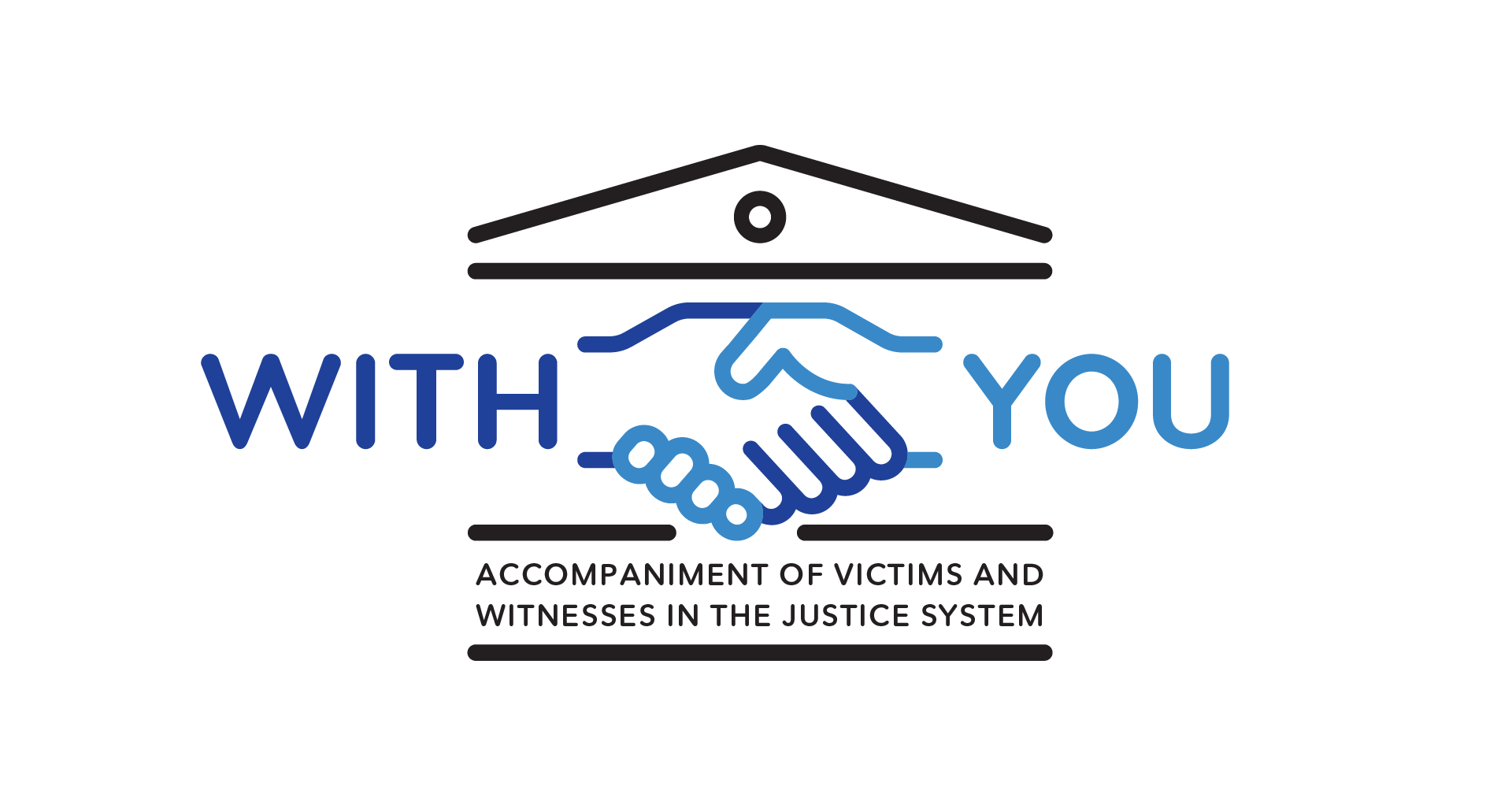1 – Preparing the procedural act
1.1 – General overview of the preparation phase
There are three aspects that must be considered by the VSW at the beginning of the preparation phase:
- How the victim feels and how he/she sees the participation in a procedural act, which shall be taken under consideration as a starting point for the preparation period;
- The fact that it is not always possible to prepare with due timeliness, which may, at times, be limited to a single prior contact with the victim/witness on the day of the judicial act;
- Preparation of certain groups of victims shall consider their specific needs. It will be the case, for example, of accompanying children, persons originally from different religious and/or cultural contexts, or persons with some type of disability.

In any case, the first thing to do is to contact the victim. Some victims will request the accompaniment directly to the victim support organisation, whether they are or are not receiving support from that organisation already. In these cases, the VSW knows the victim prior to the judicial act, which facilitates the establishment of a trust relationship.
In other cases, the judicial authority will contact directly the victim support services so that a VSW may be appointed to accompany a given victim. In these cases, the VSW does not know the victim or the victimisation experienced and often the authority does not notify the victim to inform that the accompaniment was requested.
Upon request of the accompaniment, and in order for the victim or witness to be duly prepared, there is a set of essential information that must be provided by the judicial authority:
- Full name of the victim/witness (if the victim is a minor, the name of the legal representative);
- A secure contact (if the victim is a minor, the contact of the legal representative). The objective of providing the contact os to allow the VSW to contact the victim or witness before the day of the judicial act. This allows for a longer period of time to develop a trust relationship and, therefore, make the victim or witness more comfortable with the accompaniment by the VSW;
- A brief history of victimisation, which may be done through a copy of the report or complaint filed. This allows the VSW not only to know the crime or crimes at stake, but also, by obtaining information beforehand, not to pose unnecessary question to the victim/witness, thus avoiding secondary victimisation. In addition, if the organisation has a set of VSW with specialist training in supporting certain groups of victims, it allows the accompaniment request to be directed to a more qualified VSW;
- Information on the eventual relationship between victim/witness and the offender;
- Consent of the victim to be accompanied (if the victim is a minor, consent of the legal representative).
When the victim is receiving support from an organisation but the court notifies another entity to accompany the victim, this second entity must contact the first in order to assess if the organisation has a VSW available to accompany the victim. In case there is a VSW available, any of the organisations involved may suggest to the authority that the victim/witness is accompanied by a VSW of the organisation that has already been providing support.
In case the victim is contacted but does not wish to be accompanied, the VSW must respect the victim’s decision and inform the authority of that fact, requiring that his/her presence may be dismissed.
After the first contact with the victim, the VSW must proceed to the following phases of preparing the judicial act.
1.2 – Presentation and meeting the victim or witness
In order to establish a relationship of empathy and confidence with the victim, a role of strategies may be used to “break the ice” during the first contact.
In the case of child victims, the VSW may resort to activities or games such as drawings, painting, cards, etc.
In the case of youngsters and adults, this relationship will be established through an informal conversation.
The establishment of a relationship of empathy and confidence shall facilitate the sharing of some personal information, such as:
- Name;
- Age;
- With whom the victim/witness lives with;
- The school the victim attends or work location;
- Likes and dislikes;
- Familial relationships and friendships;
- Other relevant information that victim or witness find important to share;

1.3 – Know the history of victimisation
After the first contact with the victim, the VSW shall conduct a personal and circumstantial assessment of the victims’ situation at different levels, namely physical, emotional/psychological, familial, social, economic and professional, as well as see which enforcement and protective measures were adopted under the criminal proceedings. This information will allow the VSW to know the needs of the victim, to determine the objectives of his/her intervention and pounder the best way to contribute to the victims’ protection.
In case the victim gathers all the requisites to benefit from the statute of particularly vulnerable victim and it has not been attributed yet, the VSW must express the intent to request such statute to the judicial authority. This may be relevant for the enforcement of protection measures, namely the presentation of statement for future recall, resort to videoconferencing or the conduction of the trial without the public’s presence.

1.4 – Differentiated approach
After the above mentioned assessment, the VSW must ensure the adaptation of the approach to the victim’s characteristics, specific needs and personal experience.
1.4.1 – Children and youngsters
If the victim is a child, the first contact must be done with the parents or legal representatives. During this conversation, the VSW shall explain the objectives of the accompaniment, seek to tranquilize them and gather relevant information about the child and the experience of victimisation, so that, while interacting with the child, the VSW knows in advance the aspects to be avoided in order to reduce or not to promote the child’s anxiety.

1.4.2 – Persons with some type of disability or impairment
The fact that the victim presents some type of disability must also be taken under consideration; for example, if it is a physical impairment it may influence the victims’ mobility at the venue of the procedural act, while a intellectual disability or impairment will require adequate and specialist support, which influences the manner in which the VSW will provide information or any clarification deemed necessary.
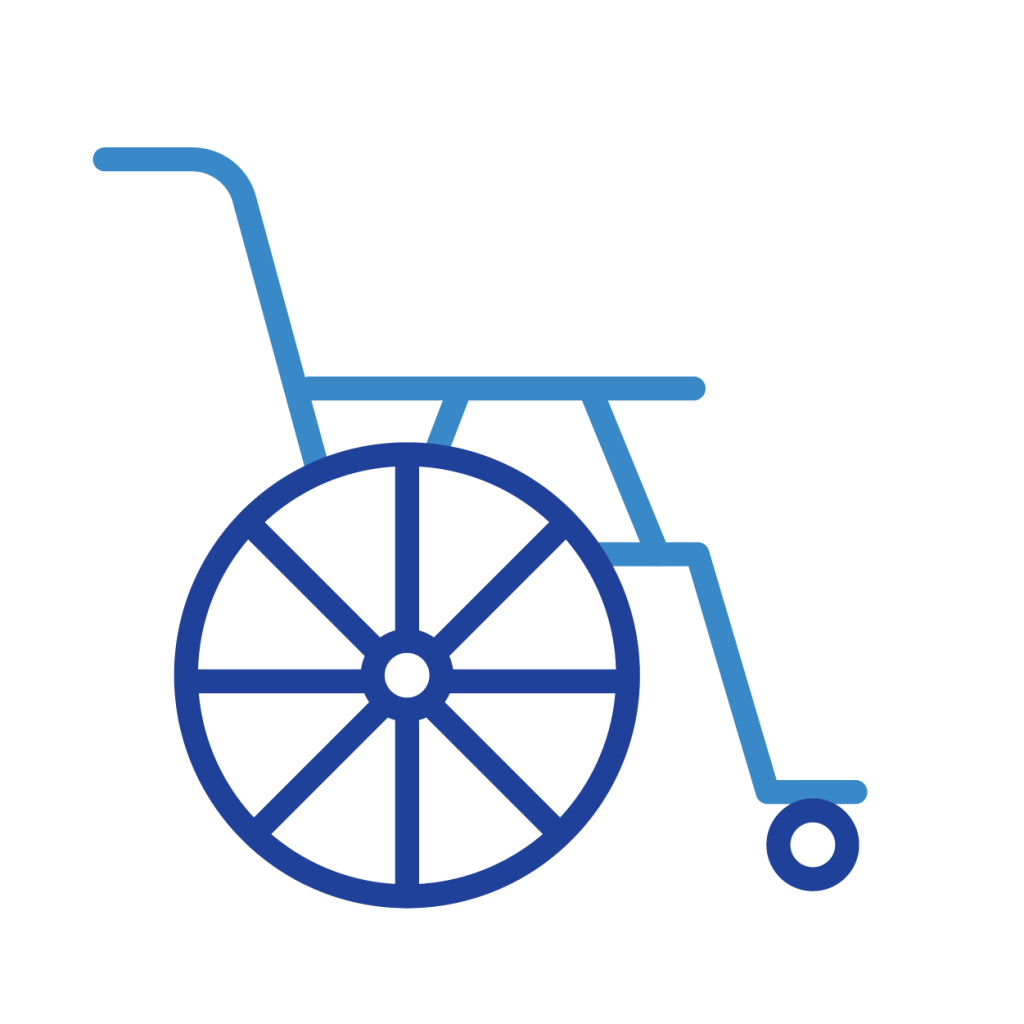
1.4.3 – Persons from different religious and/or cultural contexts
The diverse cultural and religious context must also be considered while assessing the victim’s need and adapting the approach. In this sense, the VSW must try to understand if the victim is originally from a different cultural and/or religious context that might demand a different preparation for the procedural act. In certain types of crime, such as female genital mutilation, forced marriage, etc., a particular sensibility and specialist knowledge is necessary to contact, accompany and support these victims.
The VSW must also pay special attention and show special sensibility to the fact that other intervenients in the procedure may not be familiarised with the different cultural and/or religious contexts of the victim.

1.5 – Verify how the victim feels
The VSW verifies how the victim feels, establishing a dialogue that may create the possibility to share feeling, expectations, fears, etc. Besides that, the VSW must assess if the victim is familiarised with the judicial system or if, on the contrary, the lack of knowledge may be a source of anxiety.
During the preparation session, it is important that the VSW explores with the victim how he/she feels towards the judicial act and promotes the expression of emotions and feelings, in seeking to normalize the victim’s reactions. The VSW must additionally help the victim to deconstruct certain fears that may exist.
Some of the fears most commonly expressed by victims are the lack of knowledge of the judicial system and the potential presence of the offender during the judicial act. In the first case, the intervention will involve providing detailed information on how the judicial act will be conducted, who participates, which are the procedures and formalities required and what is the role of the victim. In the second case, the VSW shall effectively prepare the victim to the possibility of the offender being present and, at the same time, reassure that all will occur with all safety.

1.6 – Explain in what consists the judicial act
The victim often feels anxious and insecure before the judicial act due to the novelty of the situation she/he is in. It is, thus, necessary to provide a set of information that will familiarize the victim with what will happen.
In this phase of preparation, the VSW shall explain the victim:
- Which are the objectives of the judicial act;
- Who will participate in the judicial act;
- Formalities to be observed (for example, the use of attorney and the judges gowns, the duty to rise when the judge enter the room, etc.);
- That the judicial act will be recorded, that is why there are microphones;
- The display of the room (in case it is not possible to visit the venue beforehand, the VSW may resort to the infovitimas.pt or the abcjustica.pt websites, where the mentioned room is structured).
VSW’s shall also make victims’ aware that they may feel uncomfortable with some of the questions posed, namely by the defendant’s lawyer. Due to some questions posed by the judge, prosecutors and lawyers, victims may feel that what happened to them is being questioned. VSW’s shall explain victims that these professional are doing their job and that, sometimes, they may have to pose questions that might not be pleasant to the victim.
As to the possibility of encountering the defendant and his/her family and friends at the day of the judicial act, the VSW shall prepare the victim for that probability, planning ahead what may be done by the victim: try to maintain distance from them, not reacting to any provocation and, in the case she/he feels intimidated or threatened, immediately inform the VSW, the court’s clerk and/or the law enforcement agent at the venue.

The victim shall be informed that whatever her/his role is in the proceedings – witness, civil party or assistant, – she/he has the righ to be accompanied by a lawyer. Besides that, the victim must also know that she/he has the right to be heard and to present evidence that might be important to the investigation and to the discovery of the truth. The victim shall also be informed that she/he might be called more than once to be heard (by law enforcement and/or Public Prosecution), namely about new facts or to clarify certain aspects that may be less clear from her/his prior testimony.
As for the statement for future recall and the trial, the VSW shall explain to the victim that the judge, the Public Prosecutor, the defendant’s lawyer and her/his own attorney may pose questions, clarifying that is natural that the victim is asked for as many details as possible since the more information the court has, the better the court is in position to judge. The VSW shall explain that what judge aims is that the victim tells the court what happened in her/his own words. In this sense, the victim shall try to previously organise her/his head with all the information she/he considers important to provide, thus maintaining a structured and coherent discourse throughout the judicial act.
The VSW shall inform the victim that she/he can take some note with her/him, such as dates of the most relevant facts. Nevertheless, the VSW shall underline that is normal that the victim does not remember some details, especially if it has been a while since the facts occurred. In such cases the victim shall know that there is no problem in saying “I don’t remember”.
It is also important to inform the victim about the exceptions to the duty of testifying established in law (when applicable to the victim in casu) and inform her/him that the authority responsible for the judicial act will ask her/him if he/she wants to testify.
Under Article 134 of the Criminal Procedural Code, the following persons may refuse to testify:
- Descendants, ascendants (that is, parents, grandparents, great grandparents and so on), siblings and similar to the second degree, the adopters or spouse of the defendant;
- Who was spouse of the defendant or who, being of the same or of the opposite sex, lives with or lived in conditions similar to the spouses, in relation to the facts occurred during the matrimony or after cohabitation. It shall be highlighted that victims and witnesses who were married or have lived in conditions similar to spouses do not have the right to refuse to testify in all cases. Victims can only refuse to testify about the facts that occurred during the marriage or cohabitation, having to provide oath and answer with truth about the facts that occurred before or after.
At the same time, it is important to explain the victim that the possibility not to testify shall not be seen has a duty not to testify, that is, the manner in which the information is provided shall not create on the victim/witness the idea that what is expected of her/him, considering the relationship with the offender, is that she/he refuses to testify.
It is also important that the VSW knows how to manage, especially children, a first “no”, since as she/he might not understand the implications of not to testify, namely to the discovery of the facts. In this sense, the VSW shall always certify that the victim understood correctly the contents of what was said about not to testify.
In what concerns specifically children, the VSW shall explain:
- What is a court – a very big building where some problems will be solved;
- The objectives of the judicial act, resorting to the “puzzle” metaphor, in which the child is a missing piece of the puzzle and that is she/he is found, the story will be completed – the child must say what she/he knows or what she remembers in relation to the crime she/he was a victim of;
- The reason why the child goes to court and what she/he feels about it;
- The concept of truth. Here, it shall be verified of the child knows the difference between what is made u, reality vs. creation and underline that, in court, big decisions are made, so only she/he may only speak the truth;
- At the end, a decision will be taken, being that the outcome is not only dependent on what the child tells;
- Who is present at the judicial act – the persons working at the court help children who have problems and, therefore, need to know what happened in order to find a solution;
- That some questions may make the child recall moments that she/he wants to forget, but that is important that she/he may tell everything that happened;
- That the persons with whom the child will speak to want to help and protect her/him.
In sum: knowing that victims often feel that the court and the criminal proceedings are realities apart of their own, it is up to the VSW to normalize the experience of going to court, without devaluing the feelings of the victim associated with such. One shall clarify that the persons working at the court are also persons with their own experiences and backgrounds, that are capable of distinguishing right from wrongs and that are able to empathize with and believe in a true story.
Lastly, it is important that the VSW underlines that the criminal conduct is not accepted or tolerated by society and that the trial plays a crucial role in conveying this message: those who break the law shall be made accountable and suffer the consequences. For this reason, going to court may play an important role in the victim’s recovery.
1.7 – Explain the role of the VSW in the judicial act
The role of the VSW accompanying the victim is totally different from that of a lawyer or any other intervenient in the proceedings, and its intervention is limited. The VSW shall explain the victim why he/she was notified to accompany her/him, emphasizing that he/she will be beside her/him during the judicial act.
It is essential that the VSW clarifies from early on what he/she can and cannot do.
The role of the VSW is to support emotionally the victim in a moment that might be of frailty to her/him, due to the lack of knowledge on the functioning of the justice system, the anxiety that is normal to feel and the fears the victim may have. It is also the VSW role to explain the victim what will happen, what is the purpose of the judicial act, who participates and all the aspects previously mentioned. It is additionally under the role of VSW to assess the eventual need for the adoption of protection measures and to request it to the competent authority. VSW’s role is also, in general, to clarify any doubt the victim may have before, during and after the judicial act.

The role of the VSW is not to speak with the victim or instruct her/him on the content of the testimony. The VSW shall make it clear that her/his role only to support the victim without making any judgements on the truthfulness of the testimony.
It is not the role of the VSW to interfere in the judicial act, unless the presiding authority so authorizes – for example, in the case it is necessary to request a break for the victim to calm down or recover. The authority presiding the judicial act may also request the VSW to intervene, namely when, in the interview of a child victim, the authority may request the VSW too support on posing a question in a manner that the child understands and agrees to answer.
1.8 – Assessing the needs of victims and witnesses
The preparation phase shall also serve to identify if the victims have specific protection needs.
If there are specific protection needs identified, the VSW shall suggest (in writing or orally) to the authority presiding the judicial act for the adoption of the adequate protection measures. This request mist be well supported and be based on current legislation (Criminal Procedural Code, Victims’ Statute, Domestic Violence Law or the Witness Protection Law).
The support measures foreseen under the legal framework are the following:
- Removal of defendant from the court during the victims’ testimony;
- Measures to avoid contact directly with the victim and defendant, using the adequate technological means;
- Measures to avoid that victim and defendant see each other in the facilities where the judicial act will take place, enabling the victim to enter and leave through alternative doors and wait for the judicial act in a safe room;
- The interview with the victim be conducted by the same person;
- The interview with victims of sexual violence, gender based violence or violence in intimate relationships to be conducted by a person from the same sex as the victim;
- Providing statements for future recall;
- The court taking place without the presence of the public.

1.9 – Visit to the venue
Often, due to lack of knowledge of the venue where the judicial act will take place causes anxiety to the victim, especially when it is a court room.
In this cases, it is advisable to visit the venue a few days prior to the judicial act. However, in case that is not possible, the VSW shall use the information and images of the court room at the infovictims.pt to explain the victim the room’s layout and where each of the intervenients will be seated and, on the day of the judicial act, show the victim in advance where it will be conducted.

1.10 – Provide practical hints to participate in the judicial act
A good preparation of the victim or witness to a judicial act and for the production of evidence implies the provision of a set of practical suggestions that allow the victim to know what is expected from her/him and how to proceed:
- Always tell the truth. Telling the truth and tell everything that happened, with all the details that you can remember. That is your role as a witness.
- Hear with attention all the questions made to you. Answer only when the question is finalized.
- Take as long as you need to think about the question and on the answer.
- Reply slowly and calmly to every question, in a clear manner and using short sentences.
- Don’t be afraid of telling everything nor to tell everything you know and all the details that you remember. All information you give may be important to discover what happened. If, to tell everything that happened, you have to use less proper words, such as slander used by the defendant at the moment of the crime, you shall do it.
- Answer only what you have been asked, don’t try to please the persons asking questions by providing information on subjects that you don’t know.
- Don’t answer questions you didn’t fully understand. You can and shall request to repeat or to explain better what they want to know. You may say: “I’m sorry. I didn’t understand. Can you, please, repeat/explain better?”
- When questioned about something you don’t know how to answer, your answer shall be only one: “I don’t know”. Remember that your role is to tell what happened. Don’t create an answer just to give a reply to the question. Don’t assume and don’t give opinions. Testify about facts that you saw, heard or that you directly realized. A hear-say is irrelevant or the testimony of hearing about it.
- It is possible that you are asked the same question more than once. Try to answer in the same manner as the first time.
- It is natural that you don’t remember all the details or that you can’t recollect things with precision. If that happens, keep calm and say “I don’t remember”. To forget some things that occurred in the past is a natural memory process. It may be connected with the passage of time (often the testimony is about something that happened several months or years ago) e the discomfort id caused by recalling a negative life experience.
- It is natural to feel afraid, anxious or feel like crying. Testifying is an experience that may cause anxiety and frighten anyone. Speak or answer questions about the crime you witnessed (or were a victim of9 is not a pleasant task, since it makes you remember sad things that you want to forget or “erase” from memory. One of the reactions that may occur is crying. Don’t feel ashamed about it. Your reaction will be understood since it already happened to many people who were in the same situation.
- If you feel tired or too nervous, you may ask for a recess to go to the bathroom or for a glass of water and a tissue.
- Don’t be afraid of the defendant nor let her/his presence inhibit you. Avoid looking at her/him while answering questions. Look only at the person who is placing the question. If you prefer to speak without her/his presence, you may say so to the judge. If the judge finds it adequate, the defendant will be removed from the room while you are speaking.
- The witness is not being accused of anything: the witness did not commit any crime. The only person under accusation is the defendant. The witness is present to help authorities in collecting important information in order to make the most correct decision.
- It is natural that, during the judicial act, some things may be said or asked that may cause discomfort because you may feel that, anyhow, what happened to you is being questioned. Remember that it may be part of the defendant’s lawyer strategy, so try to remain calm and don’t let that affect you.
- Remember that you are not responsible for the decision taken by the court in relation to the defendant. Play your role: tell what you know about what happened. The decision of convicting or not the person accused of committing a crime is always of the judge.
- During trial, after providing your testimony, is possible that the hearing will continue and that other witnesses are heard by the judge. You can either be present during the rest of the hearing or leave the courtroom. You cannot speak with other people, namely witnesses that were not heard yet, about what you know and what happened during your testimony.
- The judge, after hearing all witness, informs all present of the day and hour when the sentence will be read. If you want to, you may attend, but you are not obliged to.
- If the defendant is acquitted, that doesn’t mean that the judge didn’t believe your testimony. The acquittal means that there were not gathered or presented enough evidences (and valid) during trial for the judge to take a safe decision on the guild of the defendant in relation to the crime committed.
- If someone threats, intimidates or tries to assault you after your testimony, report it immediately to the police. If anyone tried to threat, intimidate or assault you before testifying, besides reporting the fact to the police, you shall also make the court aware of it.

1.11 – Specificities of accompanying a victim who does not speak Portuguese at the time of reporting the crime
If the victim does not speak Portuguese, the VSW accompanying the victim during the report of the crime may contact the law enforcement authority in advance in order to see if it is possible for an interpreter to be present or someone that speaks a language that the victim understands.
In case that is not possible, some alternative may be sought:
- Trying that the victim is accompanied by someone who may translate (it is to avoid this to be done by children, namely children of the victim);
- Schedule with the authority the date when it is possible to ensure the presence of an interpreter.
- If it is a public crime, send the report in writing to the Public Prosecution services;
- If the victim support office has contacts of interpreter, the VSW may do the contact and request her/his presence at the moment of presenting the report.
- In emergency situations and in case the VSW speaks a language the victim understand, he/she may do the interpretation.

Coordinator:


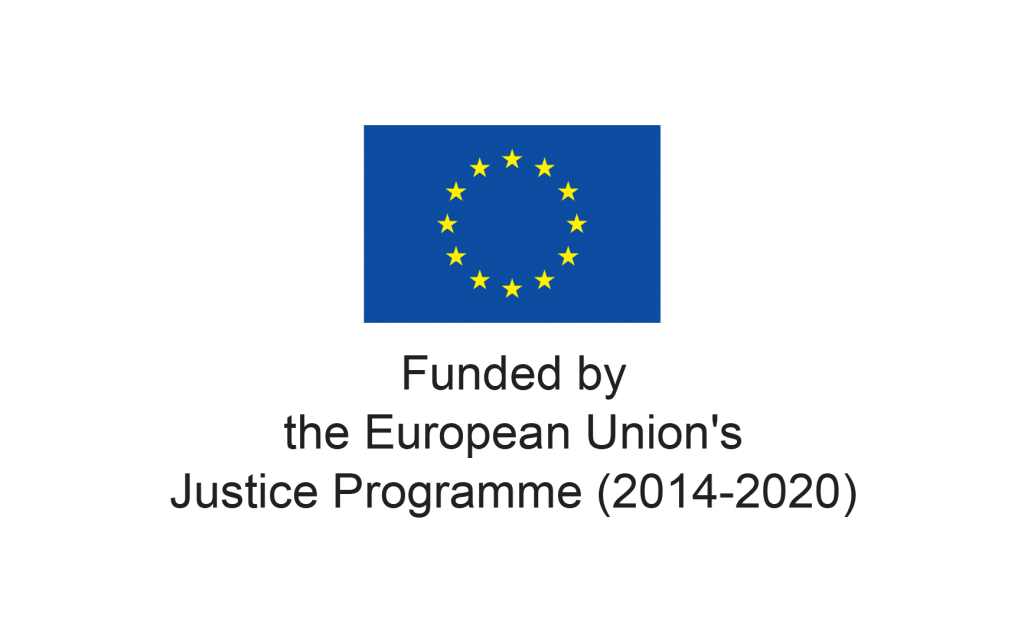
Partners:
